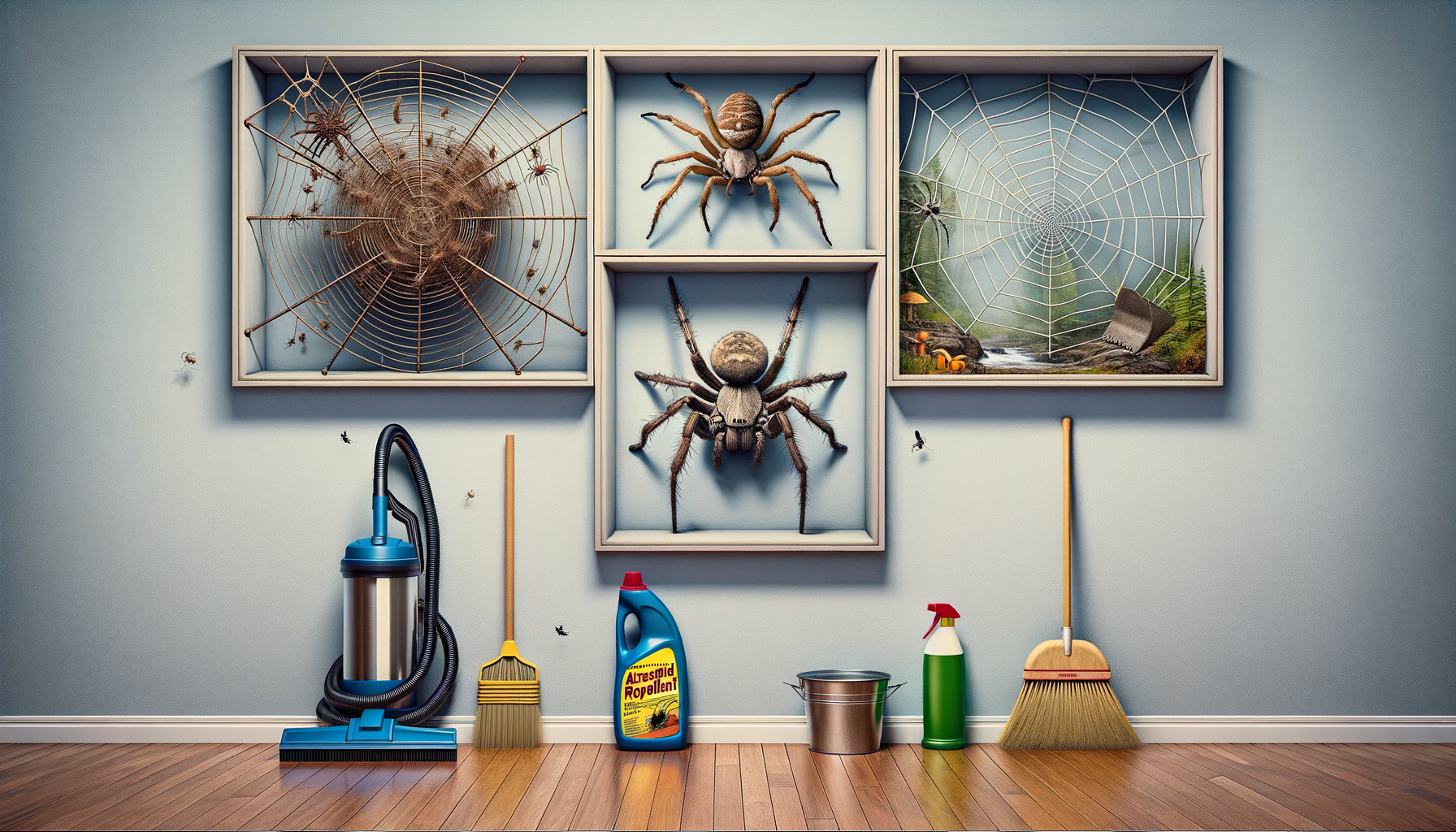Got spiders inside? These 5 tips may help you handle them
Here are 5 things that may help reduce spiders at home.

Introduction to Spider Control
Spiders are fascinating creatures, playing an essential role in controlling insect populations. However, when they decide to make your home their own, they can become unwelcome guests. Understanding how to manage spider populations in your living space is crucial, not only for comfort but also for maintaining a healthy environment. This article explores effective strategies to handle spiders in your home, offering practical tips and insights into keeping these eight-legged visitors at bay.
Understanding Spider Behavior
To effectively manage spiders, it’s essential to understand their behavior. Spiders are generally solitary creatures, preferring to stay out of sight. They thrive in environments that provide ample food sources, such as insects, and tend to inhabit dark, undisturbed areas. Common places where spiders may reside include basements, attics, and cluttered storage areas. By recognizing these tendencies, homeowners can take proactive steps to reduce the attractiveness of their homes to spiders.
Spiders are attracted to homes with abundant prey, which often results from poor sanitation and clutter. Maintaining cleanliness and reducing clutter can significantly decrease spider populations. Additionally, sealing cracks and gaps in windows, doors, and foundations can prevent spiders from entering your home in the first place.
Natural Spider Repellents
For those seeking eco-friendly solutions, natural spider repellents offer an effective way to deter spiders without the use of harsh chemicals. Essential oils such as peppermint, tea tree, and lavender are known for their repelling properties. Mixing a few drops of these oils with water and spraying the solution in corners and entry points can help keep spiders at bay.
Another natural deterrent is vinegar. The strong smell of vinegar is unpleasant to spiders and can be used as a spray around windowsills and doorways. Additionally, placing cedar blocks or chips in closets and storage areas can repel spiders, as they tend to avoid the scent of cedar.
Effective Cleaning Practices
Regular cleaning is a fundamental strategy in spider management. Vacuuming frequently, especially in corners, under furniture, and along baseboards, can remove spiders, webs, and their eggs. Dusting and sweeping also help eliminate the insects that serve as a food source for spiders.
- Keep storage areas organized and clutter-free.
- Regularly clean window sills and door frames.
- Use airtight containers for food storage to prevent attracting insects.
By maintaining a clean and organized home, you reduce the likelihood of spiders finding it a hospitable environment.
Professional Pest Control Options
In cases where spider infestations are severe, professional pest control services may be necessary. Pest control experts have access to specialized tools and treatments that can effectively reduce spider populations. They can also provide advice on long-term prevention strategies tailored to your specific situation.
When choosing a pest control service, it’s important to select a company that uses environmentally responsible methods. Many professionals now offer integrated pest management (IPM) solutions, which focus on minimizing chemical use and emphasizing prevention and habitat modification.
Conclusion: Maintaining a Spider-Free Home
Keeping spiders at bay requires a combination of understanding their behavior, employing natural repellents, maintaining cleanliness, and, when necessary, seeking professional help. By implementing these strategies, you can create an environment that is less inviting to spiders, ensuring your home remains a comfortable and pest-free space. Remember, a proactive approach is key to effective spider management.